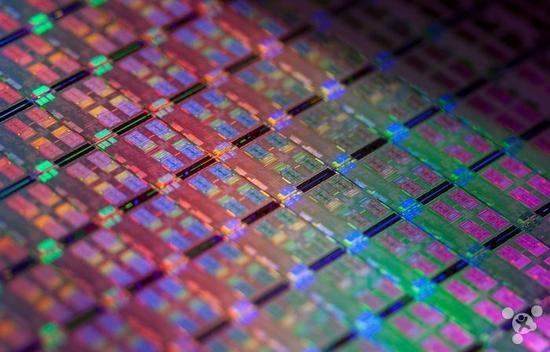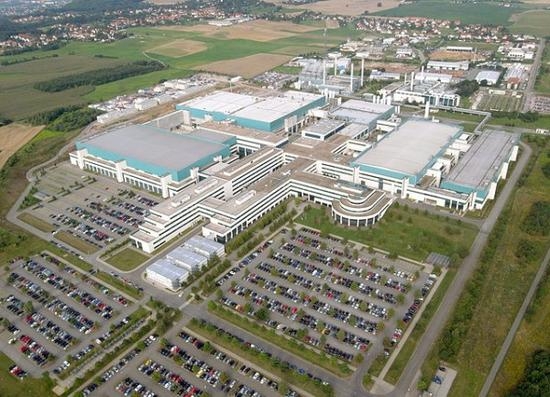
Last week, Intel announced that it has reached a new licensing agreement with ARM. Intel's factory will produce ARM chips in the future.
This move means that Intel can prepare for the development of the 2018 iPhone chip. According to supply chain sources, Intel is not the only company that may be involved in the supply of Apple chips. When the global chip foundry industry gradually entered the era of 10nm processing, the iPhone's A11 processor uses a 10nm process and is manufactured by TSMC. GlobalFoundries may choose to skip the 10nm process cycle and directly develop the 7nm process. As we all know, 10nm has almost reached the physical limit. Under 10nm, the semiconductor manufacturing process becomes more and more complicated, and the difficulty becomes higher and higher. It may even invalidate Moore's law. This process requires not only the micro-line width, but also the need to change the component structure or use new materials.
 The "Electronic Times" point of view, 10nm process life cycle will not be as long as the current 16mm (Taiwan Semiconductor) and 14nm (Samsung Electronics), the next wave of chip technology, "the main technical battlefield" is 7nm.

Prior to this, there was news that because GlobalFoundries still needed Samsung's authorization to produce processors, GlobalFoundries had been secretly developing a 10nm manufacturing process to get rid of Samsung's dependence. The report also stated that if GlobalFoundries succeeded in developing an order for the Apple A11 chip after the successful development of the 10nm process, it seems that GlobalFoundries has given up its plan to develop a 10nm process technology and instead has gone all out to develop the 7nm chip. Ensure that you do not lag behind other vendors in the future.
In fact, early in July last year, GlobalFoundries, IBM and Samsung announced that their first 7nm process technology chip has begun testing, and TSMC plans to mass production using 7nm chip in 2018. It can be seen from this that a number of manufacturers have been busy participating in this competition.
According to professional analysis, by the year of 2018, the 7nm process will gradually mature. At this time, the 7nm process level of each manufacturer will directly affect whether they can get the A12 chip's foundry right.
Related Reading
TSMC defeats rival Samsung, with Apple's A11 processor single
Who says Moore's Law ends, TSMC’s 2017 top 7nm
Residual Current Protection Module
charging piles, type A+6mA DC, A+6mA
Shanghai Zhilong Electronic Technology Co.,Ltd , https://www.zhilongsensor.com
